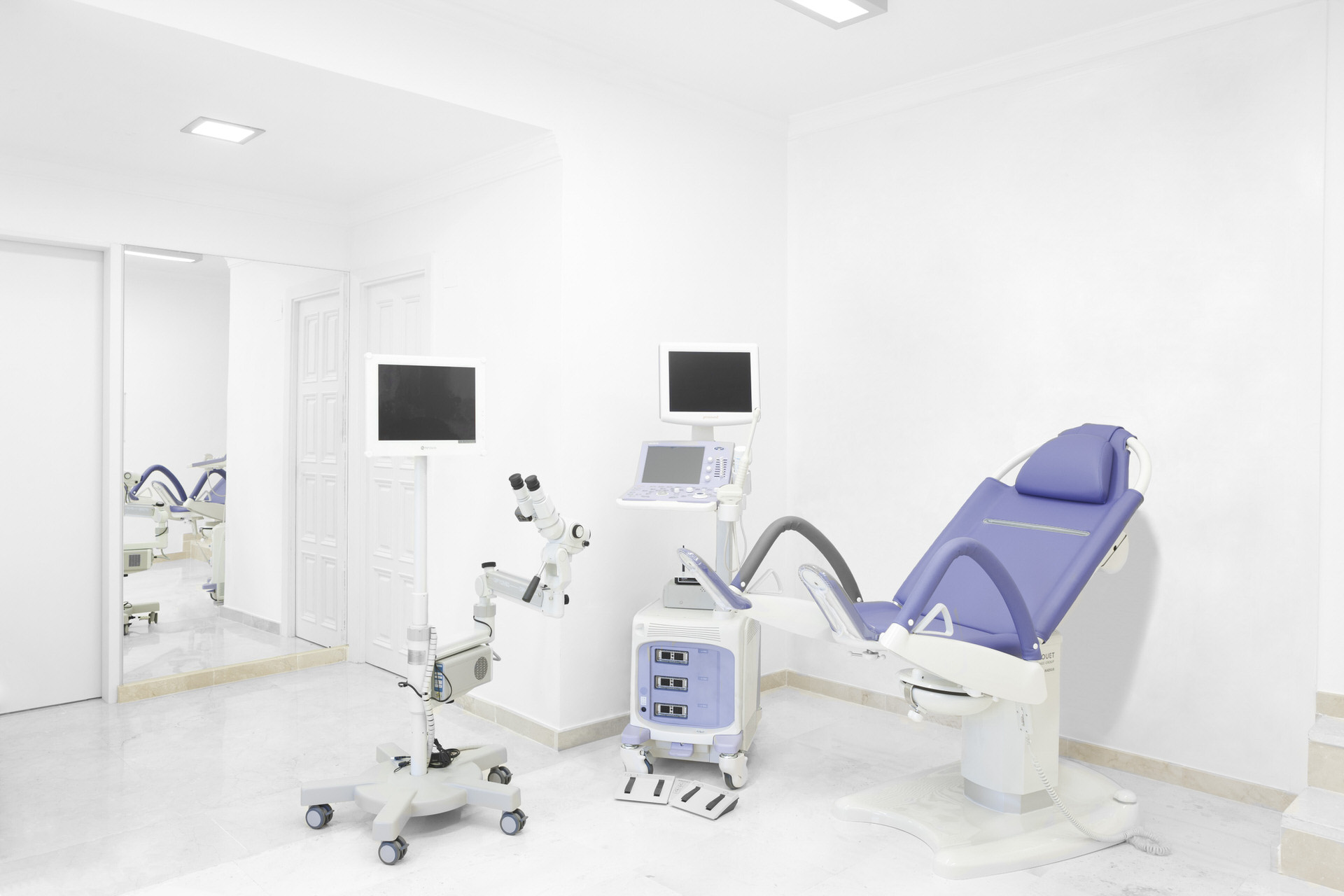20 May, 2015
Endometriosis, a disease that can affect fertility

Endometriosis is a disease that affects 1 in 10 women of childbearing age. Painful periods and infertility are the main symptoms that can lead to this diagnosis, and other more specific tests such as biopsy. Although endometriosis can be a symptom of infertility, only 20-30% of women suffering from endometriosis have difficulty getting pregnant.
Endometriosis is a disease in which islets of uterine lining (endometrial) is implanted outside the uterus. When this tissue grows outside the uterus, it is mostly found in the pelvic cavity, usually in one or more of these places: on or under the ovaries, behind the uterus, on the tissues that hold the uterus in place, or intestines or bladder. As the tissue grows, it can develop into growths called tumors or implants. Endometriosis tumors are affected by the monthly menstrual cycle. Each month, the lining of the uterus grows in preparation for pregnancy. If a woman does not become pregnant, the uterine lining thins and the woman bleeds. When a woman has endometriosis, tumors outside the uterus also bleed during her period. However, there is no way for the blood to leave the body, so it can develop inflammation and scar tissue.
Obstruction may occur or bleeding in the intestines and problems with the bladder function.
The signs that warn of endometriosis vary from woman to woman, but the most common are:
– Severe menstrual pain and cramps in the abdomen or lower back. – Pain during intercourse. – Infertility. – Abnormal or heavy menstrual flow. – Fatigue and tiredness. – Painful urination in menstrual periods. – Painful bowel movements during menstruation. – Other gastrointestinal problems such as diarrhea, constipation, and / or nausea.

There may be two problems caused, both pain with analgesic, hormonal treatments or even surgery, and sterility by surgery or assisted reproductive techniques. The indication of each will vary greatly depending on the characteristics of the patient and the preferences and experience of the physician.
Approximately 20 to 30% of women who have difficulty getting pregnant may have endometriosis.
There are women whose endometriosis is an incidental finding in a gynecological examination or during a cesarean, so endometriosis is not synonymous with infertility. What is clear is that if there is a difficulty getting pregnant and in the study of women diagnosed endometriosis, this may be one of the limiting factors.
Despite being diagnosed with endometriosis, if all other tests are normal you can try a spontaneous pregnancy, though fertility will be below expectations.
Being able to affect both ovarian reserve and the operation of the tubes; the most effective way of conceiving is by In Vitro Fertilization: the Laboratory of reproduction serves as fallopian tubes uniting egg and sperm and later the embryo are transferred into the woman’s uterus.
IVF appeared mainly for the treatment of this disease and is one of those cases where you can have good results.

Back to blog
In other news

3 October, 2018
Fertility. How to face #stress when you cannot have a child?
* Stress is intimately related to the experience of infertility, as a result of the difficulty to co...
[Continue reading ]8 March, 2023
Male infertility: has there been an increase in cases over the last few years?
Nowadays, it is relatively common to have friends or family members with problems in achieving pregn...
[Continue reading ]


